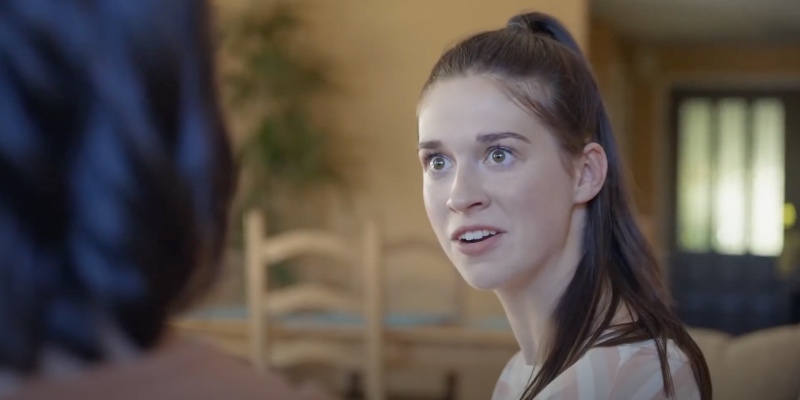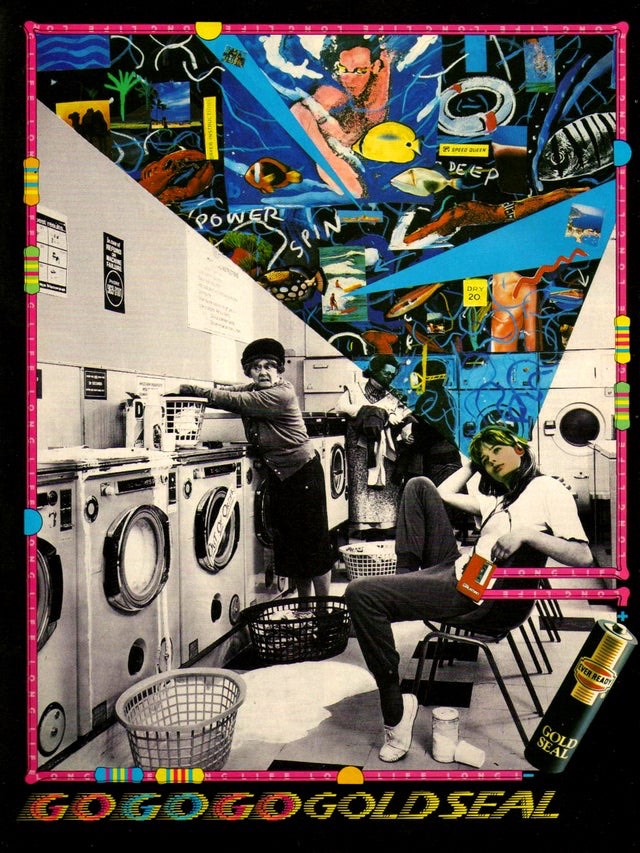Q for You
Be In The Know
- 4 Reasons Why Sites May Lose Google Rankings
- Generous Patron’s Viral Venmo Challenge Nets Grateful California Server $1,000 TikTok Tip
- Amazon Go’s cashierless tech may come to Whole Foods as soon as next year
- Facebook Provides Tips on Utilizing Live Producer to Maximize Live-Stream Broadcasts
The Best Way to Write a Creative Brief (With Templates)
What’s the plan, man? Somehow, the planning phase for a marketing project can seem both nonexistent and tediously long-lasting. Lots of ideas get tossed around like a ball of pizza dough. Then as a vision finally forms, it becomes tricky to communicate.
This is where a creative brief comes in. It helps maintain your vision while making it seamless to passing off to whoever is involved in the project. And, CoSchedule is going over the best way to write one.
First and foremost, a creative brief helps define the scope and avoid scope-creep. Tackle only what you decide upon. Don’t fall victim to a “while I’m at it…” thought process. This can take you away from the ultimate goal.
Include a timeline in your brief. Yes, it’ll probably be adjusted somewhere down the line, but it’ll help keep things moving. Be as realistic as possible with your timeline.
The key elements you’ll want in your creative brief are:
- Project Summary. Give the gist of your project in 1-2 sentences.
- Target Audience. Define a user persona or outline a key demographic.
- Problem. This is what prompted the project in the first place. Write it down and let it be known.
- Goal. State your vision upon completion of the project.
- KPI. Consider how your success will be measured. New subscribers? Purchases?
- Process. Write down the steps you’ll need for accomplishing your goal.
- Individuals/Teams Involved. State whoever will play a part in the project’s success.
- Timeline. Keep a realistic date in sight and work toward it.
- Budget. Whether it’s your budget or a client’s budget, reference it in the brief.
Now you have all the pieces for a successful brief. Be specific and thorough and remove any guesswork from all parties involved. The vaguer it is, the more revisions you’ll need.
Don’t miss some real-life creative brief examples provided by CoSchedule.
Keybr
We type so much every day. We probably don’t even realize how much it all amounts to. Between emails, texts, Google searches, blog posts, etc.: we’re all writers in our own right. Keybr helps you improve typing skills no matter your proficiency.
Whether you peck keys with two fingers or you’ve typed the proper way for years, Keybr can help you speed up. It constantly learns from your typing habits and takes into account letters you typically miss or mistype. Learn basic positioning or improve your typing speed right away.

The Power of Habit: Why We Do What We Do in Life and Business by Charles Duhigg
Any patterns playing out in our lives become so familiar many of us never stop or question them. Duhigg writes about breaking these patterns so we may better ourselves, our families, and our businesses. Learn about the habit-breakers who have transformed their lives by recognizing patterns and ways of changing them.
 Watch
Watch
Could this year get any better?
It’s incredible what kinds of things we’ve normalized in our daily lives. We crave some of the things we miss and so we’ve created our own workarounds like fine dining at home, VR vacations, and Zoom game nights.
Cafe Rio shares its delicious carne asada in this very 2020 themed ad. This family tries keeping a certain level of consistency, and Cafe Rio’s carne asada is just the consistency they crave.
“Think of your customers on one side of a ledge and your product on a nearby ledge. The only way for your customers to get from their ledge to your product’s ledge is a bridge. Copy is that bridge.”
Ben Griffin


